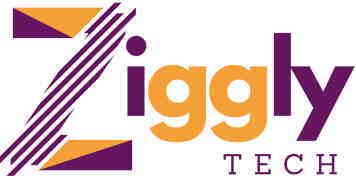Facing an English exam can feel like a huge challenge, but the right preparation strategy makes the journey much smoother. Instead of endless hours of study without direction, it is better to focus on resources that guide you step by step. If you want to practise with exercises that match your level and receive immediate feedback, you can visit test-english.com and start working with practical activities designed for learners preparing official exams.
Knowing what the exam will expect from you
Before opening a book or completing practice tests, it is essential to understand the exam’s structure. Most English certifications assess similar skills, although each exam does so in a slightly different way.
Skills under evaluation
Comprehension of written texts, production of written texts, comprehension of oral texts, and production of oral texts usually make up the core of all tests. Some exams include grammar and vocabulary sections, while others integrate these elements within the main tasks. Mediation is also considered in Official Schools of Languages as part of their language assessment process.
Popular international exams
- Cambridge certificates: they range from A2 Key to C2 Proficiency and are highly recognised in Europe.
- IELTS: they are ideal for academic applications and professional opportunities abroad.
- TOEFL: these are especially relevant for entry into universities and institutions in the United States.
How to strengthen your English daily
Improving your level goes beyond textbooks. Small, consistent habits incorporated into everyday life can have a powerful impact on exam performance and lead to an overall improvement in your English.
Simple habits that work
- Read articles, magazines or short stories to become familiar with different registers and expand your vocabulary.
- Watch series or films in English with subtitles to train your ear to natural conversations.
- Keep a short diary or blog in English to practise writing regularly.
- Join speaking groups or practise with friends to gain fluency and reduce fear of mistakes.
Making the most of online tools
Modern learners benefit from an endless number of digital platforms. These bring flexibility and provide exercises that feel close to real exam conditions.
Why online learning is effective
Immediate correction helps you see progress and spot weaknesses faster. Many platforms simulate exam timing, which is vital for developing time management skills. By combining online practice with other study methods, preparation becomes dynamic, interactive and far more engaging.
Last tips before the test
On exam day, nerves are inevitable, yet they can be controlled. Reviewing with moderation, sleeping well, and arriving with confidence make a difference. Doing mock exams under real conditions beforehand trains your concentration and reduces surprises, and dividing your energy across language skills instead of focusing too much on one task ensures better results.
Preparing successfully for an English exam is about much more than memorising grammar rules. It requires understanding the exam, reinforcing all language skills, and relying on modern resources to practise effectively. With consistent effort and a clear plan, the process becomes manageable, leading to a certificate that opens doors to academic growth, professional advancement, and international opportunities.

0 comments